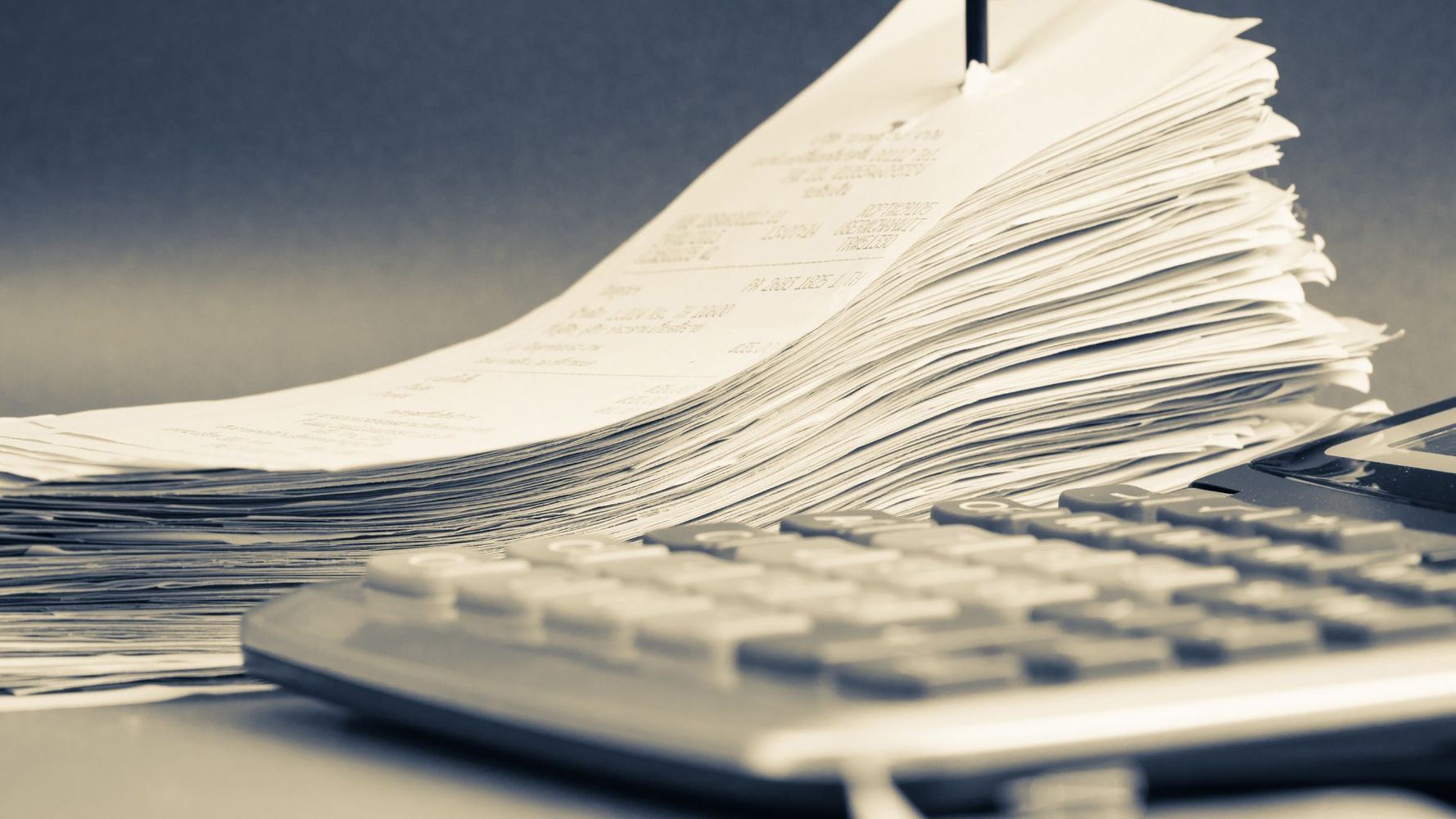If you get behind on your taxes, it’s smart to talk to a lawyer before going to the IRS directly. A lawyer will know all the avenues available to you and can come up with a plan for your best interests. An attorney can also help you avoid many of the most common mistakes.
If you owe money to the IRS, it is always in your best interests to pay the IRS early if you can. If you are unable to pay, the IRS collection tactics may become overwhelming and it can be especially difficult to realize that interests and penalties stack up quickly.
Interest is statutorily mandated on IRS debts and it cannot be waived by IRS officials unless they inappropriately delayed your proceedings or gave you improper written advice. Interest is a variable amount that is adjusted with the prime rate. There are other different types of fees that may be assessed with your tax debt known as penalties.
The IRS could impose a fraud penalty which is up to 75% of the tax owed. Lesser penalties, however, include a filing delinquency penalty of 5% per month up to 25% of the total amount owed, in addition to a late payment penalty which could be up to 25% of the amount due charged at 0.5 % a month. If you don’t owe anything, then the penalty is zero. An imposed minimum penalty is $100; however, this is rarely assessed by the IRS. You can go through a procedure called as penalty abatement which will eliminate or lower delinquency penalties.
IRS collection cases are often treated as civil matters and no jail is pursued. However, if you are being pursued for criminal tax charges, it is especially important to schedule a consultation immediately with a tax attorney to see if there are other avenues available to you in order to avoid jail time and other criminal consequences.

